
In 1856, Kansas' first abolitionist newspaper The Herald of Freedom occupied the corner of 7th and Massachusetts, where Liberty Hall stands. A large fire started by the pro-slavery Douglas County Sheriff Samuel Jones during the Sack of Lawrence burned the Herald to the ground. Samuel Edwin Poole would rebuild a new structure that same year, one that was to become a gathering spot for debates, town meetings and political speeches. In 1882 J.D. Bowersock purchased and renovated the building, adding another floor. It soon became a theatrically themed opera house and well-known entertainment destination.
In 1911, a fire started by poor electrical wiring destroyed the building. The Opera House was completely rebuilt and re-designed in a Beaux-Arts style with an Imperial Roman façade. With added advancements in lighting and technology, the new structure began to show silent films. The first movie with sound, “The Canary Murder Case” played in 1924. Today’s movie and concert goers enter into the main lobby, greeted by the same hanging chandeliers, beautiful tiled floors, and marble staircases of the original building.
Though, the structure has stood on the corner of 7th and Massachusetts for just over a century, the ethos of Liberty Hall dates back to the Pre-Civil War era of Bleeding Kansas and is heavily tied to the shaping of Lawrence as an essential hub for the anti-slavery movement. The building's original name Liberty Hall comes from an Abraham Lincoln quote where he called Lawrence, KS, "the cradle of Liberty." Changes in name, ownership, and appearance vary greatly but reflect an ongoing desire to keep the building and its history alive:
- 1854 - Herald of Freedom Abolitionist Newspaper
- 1856 - Liberty Hall opens for meetings, speeches and other community events
- 1870 - Liberty Hall was first dedicated by Reverend Bently, a Baptist minister, who suggested the name because Abraham Lincoln had once called Lawrence the "cradle of liberty"
- 1882 - J.D. Bowersock buys and renovates it as Bowersock Opera House
- February 18th, 1911 - An electrical fire burns the Bowersock Opera House to the ground
- January 20th, 1912 - Liberty Hall as we see it today is erected. J.D. Bowersock claims it to be completely fireproof. This claim on the soundness of the new structure was reaffirmed during World War II when the U.S. Government inspected the building and declared Liberty Hall the only structure in Lawrence, KS able to withstand bombings
- 1924 - Lawrence's first talking movie is shown in the main theater
- 1930’s - Becomes the Jayhawker Theater until the 1950’s
- 1965 - Opens again as the Red Dog Inn Night Club
- 1970’s - Opens as a Disco Club called Bugsy’s
- 1986 - Liberty Hall is purchased by Charlie Oldfather, Dave Millstein, and Susan Millstein. It is renovated and re-opens as we know it today: a video store, coffee shop, independent cinema, and community gathering spot.
- January 20th, 2012 - Liberty Hall's building celebrates 100 years on the corner of 7th and Massachusetts St. in Lawrence, KS.
Through its fiery history, a variety of entertainers have been to Liberty Hall, from Oscar Wilde, to Tina Turner, to the Wu Tang Clan. Contemporary musicians and performers stand on the same stage as did those of the past century. Present day owners, David and Susan Millstein continue to make improvements and strive to maintain J.D. Bowersock's original intention: to bring culture and civility to Lawrence. The original Greek revival murals in the main concert hall were lost over the many changes of ownership during the past century. Ceiling murals added in the 1986 renovations show an ascension into the heavens: from the sky to the stars, then to the planets and heavens. These murals bring an unparalleled beauty to one of the most historic cultural cornerstones in Kansas.
Sources: EYE On Kansas and Watkins Community Musuem of History; above photo courtesy of Nick Krug.








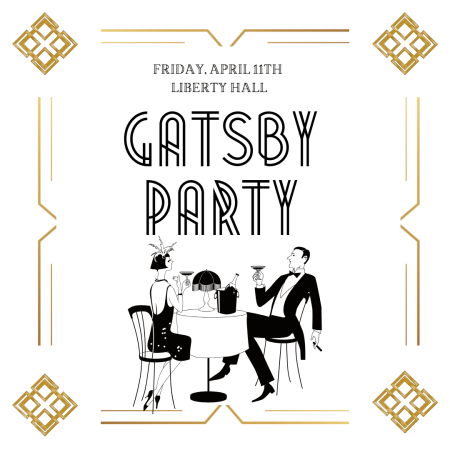 The Great Gatsby Party
The Great Gatsby Party  Poison the Well
Poison the Well 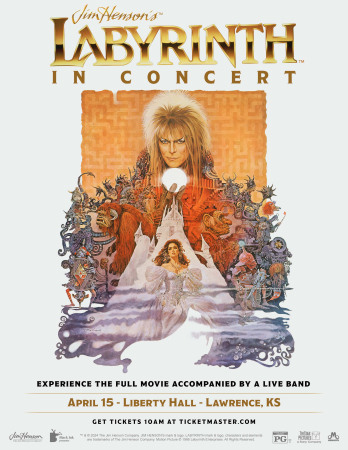 Jim Henson's Labyrinth in Concert
Jim Henson's Labyrinth in Concert 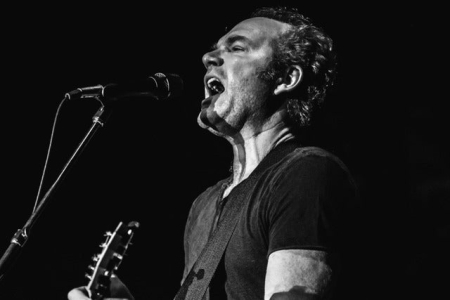 Five For Fighting with String Quartet
Five For Fighting with String Quartet 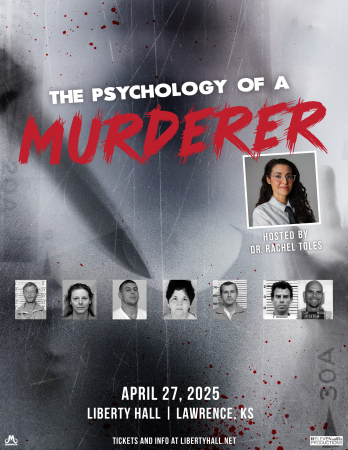 The Psychology of a Murderer
The Psychology of a Murderer  Piff the Magic Dragon
Piff the Magic Dragon 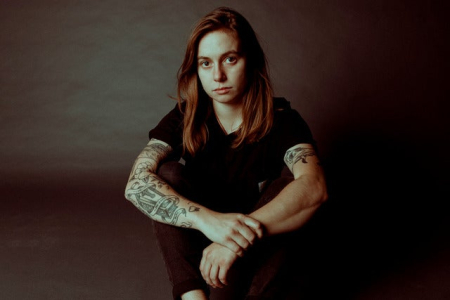 Julien Baker & Torres
Julien Baker & Torres 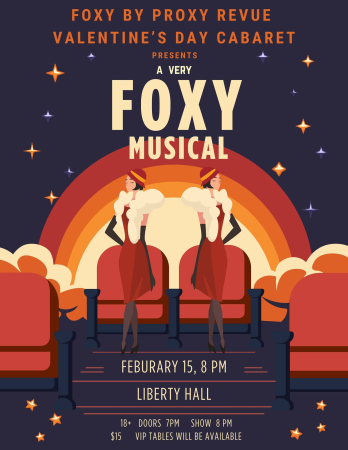 Foxy by Proxy Valentine's Day Cabaret
Foxy by Proxy Valentine's Day Cabaret 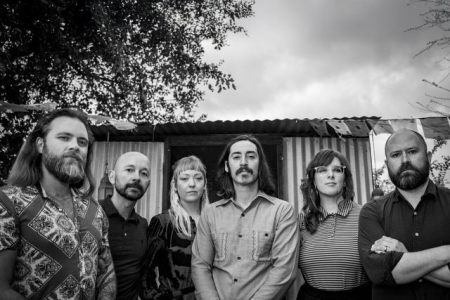 Murder by Death Farewell Tour
Murder by Death Farewell Tour